Living in Singapore or any other tropical region means hot and humid weather year-round, with little seasonal relief from the sweltering heat. As a result, many homeowners like you may wonder if installing an aircon unit in the living room makes economic and practical sense. The benefits of having an aircon in the living room extend beyond comfort to energy efficiency, property value, and health considerations. This article delves into the key factors to help you decide whether an aircon is essential for your living space.
Enhanced Comfort in Shared Spaces
The living room is often the heart of the home, where family members gather to relax, watch TV, entertain guests, or spend quality time together. This shared space’s comfortable and cool environment can significantly enhance the overall living experience.
In tropical regions like Singapore, temperatures frequently rise above 30°C, and the accompanying humidity can make it feel even hotter. Installing an aircon in the living room helps maintain a consistent temperature, allowing family members to enjoy the space without feeling drained or uncomfortable from the heat. Plus, the living room becomes the focal point during gatherings or events, making it essential to keep it well-cooled and comfortable.
Improved Air Quality and Health Benefits
A sound aircon system does more than cool the air; it also filters and circulates it, removing airborne allergens, dust, and pollutants that can affect health. For homes in tropical climates, where humidity levels are high, aircon reduce indoor moisture, which can prevent mold growth — a common issue in warm, damp environments. Mold can aggravate respiratory conditions such as asthma or allergies, making an aircon particularly beneficial for those with sensitivities.
The air filter in an aircon captures contaminants and allergens, providing cleaner indoor air. This feature is essential for people in tropical regions, as open windows — which would naturally ventilate the space — often let in pollen and pollution. By keeping windows closed and relying on an aircon for fresh air circulation, you can create a healthier indoor environment.
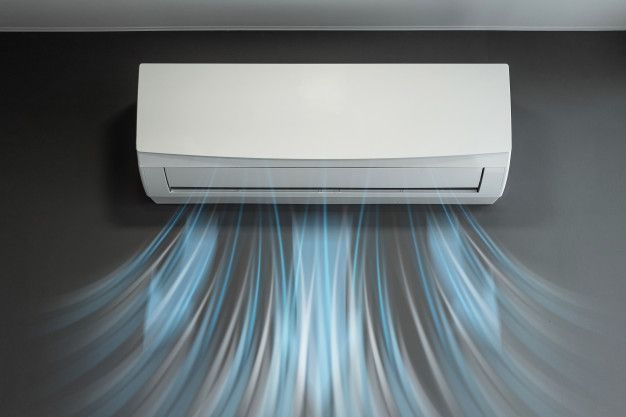
Economic Considerations and Energy Efficiency
Initial Investment and Installation Costs
While the initial cost of installing an aircon in the living room can be high, it is essential to consider the long-term benefits. Modern aircon units with energy-saving features like inverter technology provide cost-effective cooling that reduces overall energy consumption. Additionally, aircon units with a high Energy Efficiency Ratio (EER) or Seasonal Energy Efficiency Ratio (SEER) are optimized for low power usage, making them more economical in the long run.
Energy Consumption and Cost Savings
The cost of aircon running is a common concern, but new technologies have made aircons more energy-efficient. Inverter aircon units, for example, can adjust the compressor speed based on the room’s cooling needs, rather than operating at total capacity constantly. This approach conserves energy, reduces wear on the system, and saves money on electricity bills over time.
To make your living room aircon even more cost-effective, consider pairing it with ceiling fans or optimizing insulation in the room. Ceiling fans circulate the cool air produced by the aircon, allowing you to set the temperature slightly higher without sacrificing comfort. Proper insulation also prevents cool air from escaping, reducing the aircon’s workload and thus lowering electricity costs.
Increased Property Value
For homeowners considering long-term benefits, installing an aircon in the living room can add value to the property. Prospective buyers in tropical climates often prioritize aircon spaces as a standard feature, especially in areas like the living room, where people spend most of their time. A well-maintained aircon system enhances the appeal of your home, potentially increasing its resale value. For rental properties, an aircon in the living room can be a significant draw for tenants, allowing landlords to set higher rental rates.
Practical Alternatives for Optimal Cooling
If you’re still undecided about a complete aircon installation, consider some alternatives that help improve comfort while managing energy costs:
| Portable aircons | These units can be an excellent choice for those on a budget. They are easy to move and do not require professional installation, making them a cost-effective solution for temporary cooling. |
| Ceiling and Tower Fans | For smaller spaces, ceiling fans or tower fans can improve air circulation, providing a cooling effect without the energy consumption of an aircon. |
| Smart Thermostats | Consider a smart thermostat if you already have an aircon. These devices allow you to set cooling schedules and monitor your energy usage, helping to maximize efficiency without running the aircon constantly. |

Maintenance and Upkeep
Investing in an aircon also means accounting for regular maintenance to ensure optimal performance and energy efficiency. Scheduling professional servicing, such as chemical washes and filter cleaning, can prolong the lifespan of your unit. Clean air filters improve airflow, allowing the aircon to work efficiently without consuming extra energy. Regular maintenance also prevents issues that could lead to costly repairs.
Environmental Considerations
Beyond personal comfort, using aircon thoughtfully is essential for environmental reasons. High energy consumption contributes to carbon emissions and overall environmental impact. Using energy-efficient aircons and setting them at reasonable temperatures allows you to enjoy a comfortable living space while minimizing your carbon footprint. Some eco-friendly aircon models now use refrigerants with lower Global Warming Potential (GWP), further reducing environmental impact.
Final Thoughts
In conclusion, having an aircon in the living room can be an intelligent investment in hot climates like Singapore. The comfort it provides, with health benefits and potential savings from energy-efficient models, makes it a worthwhile addition to any home. However, to maximize these benefits, choose an aircon unit with high energy efficiency and maintain it regularly. Combining your aircon use with ceiling fans, smart thermostats, and proper insulation can enhance efficiency and keep your living room comfortable without breaking the bank.
For those prioritizing eco-friendliness, look for energy-saving models and adopt mindful usage habits. While an airconMaximize comfort and energy savings with a living room aircon. Learn if it’s a smart choice for tropical climates like Singapore. Find out more here! may represent an initial cost, the long-term savings, improved comfort, and added property value make it a valuable asset for homes in the tropics.


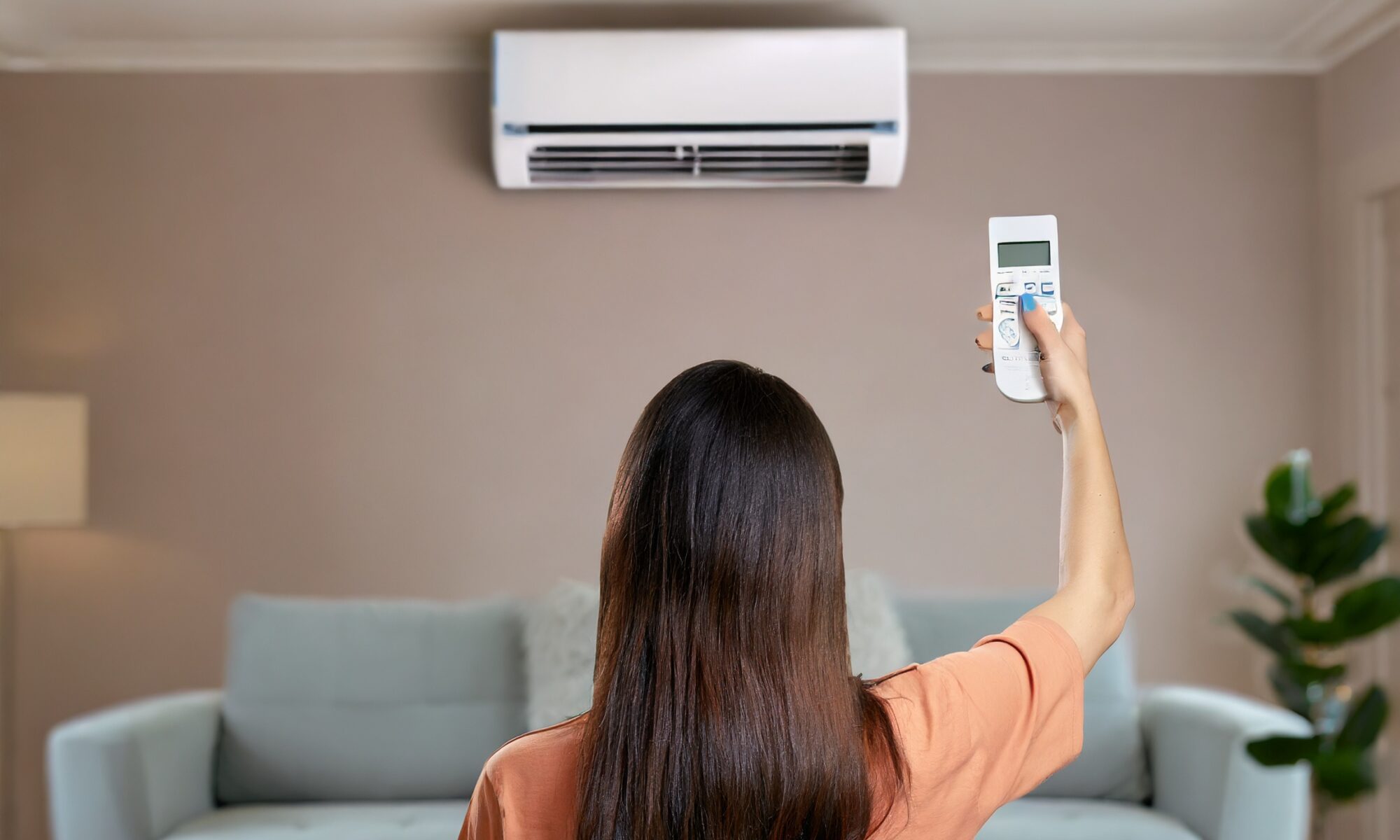



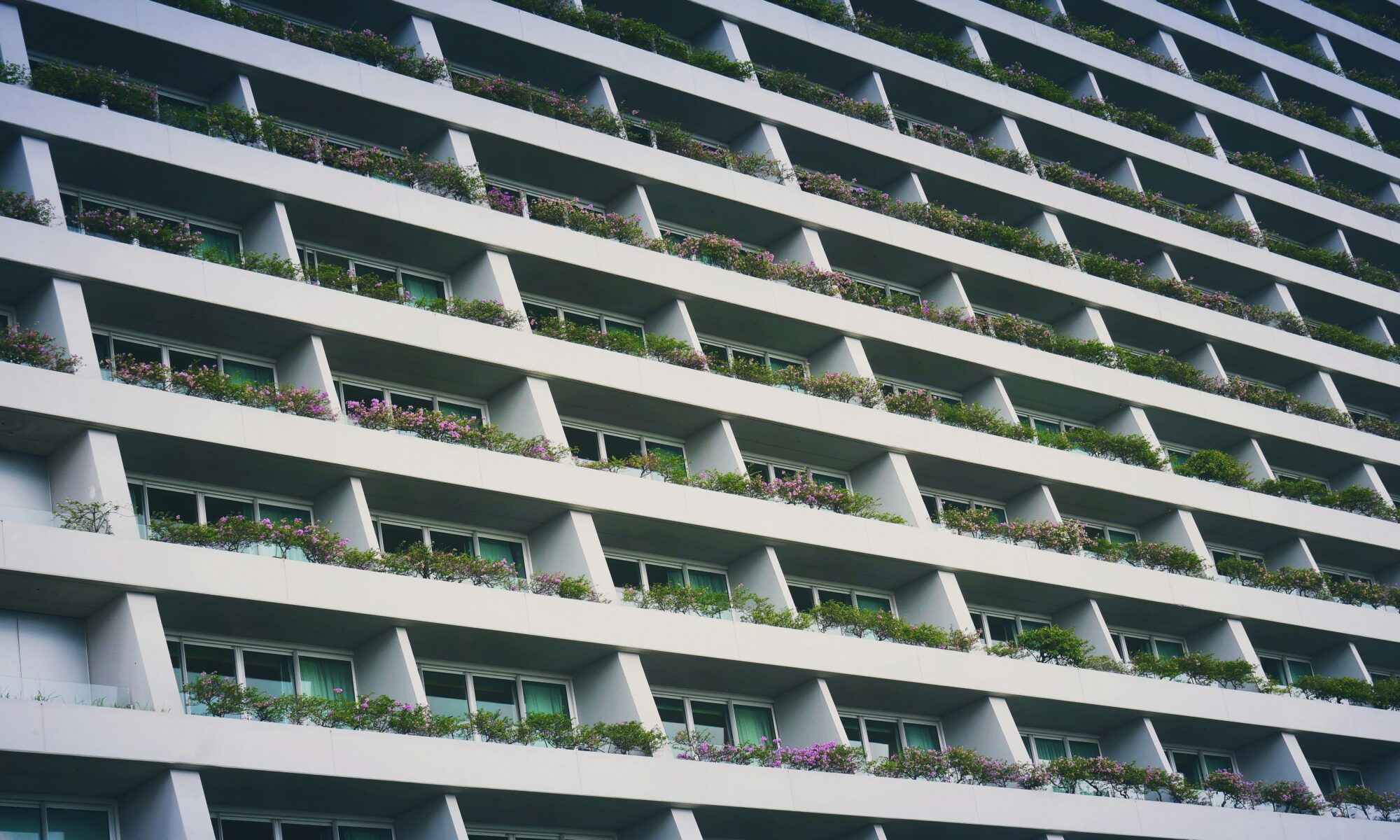
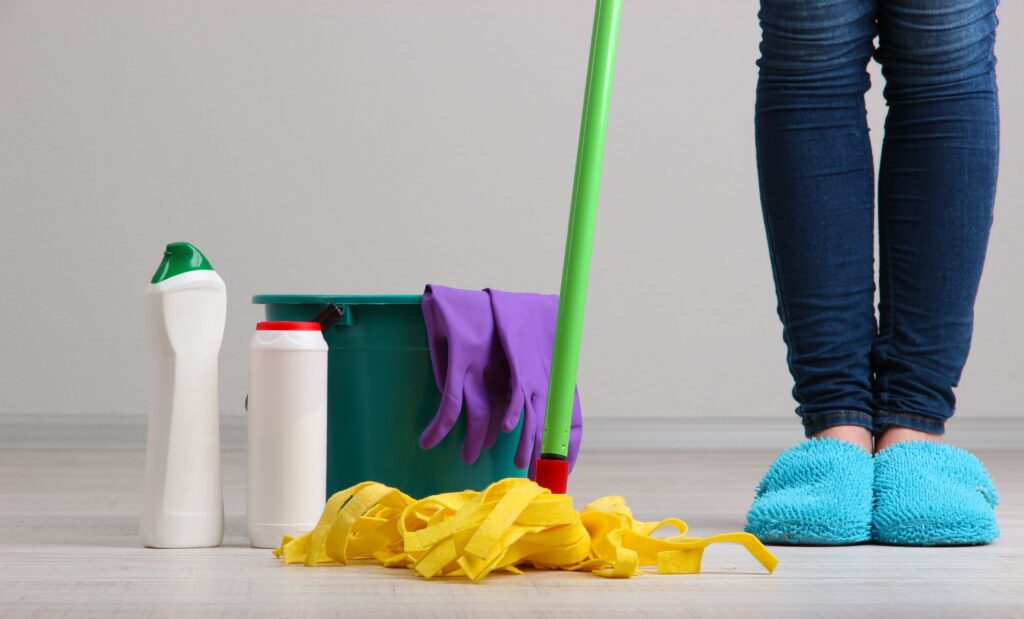





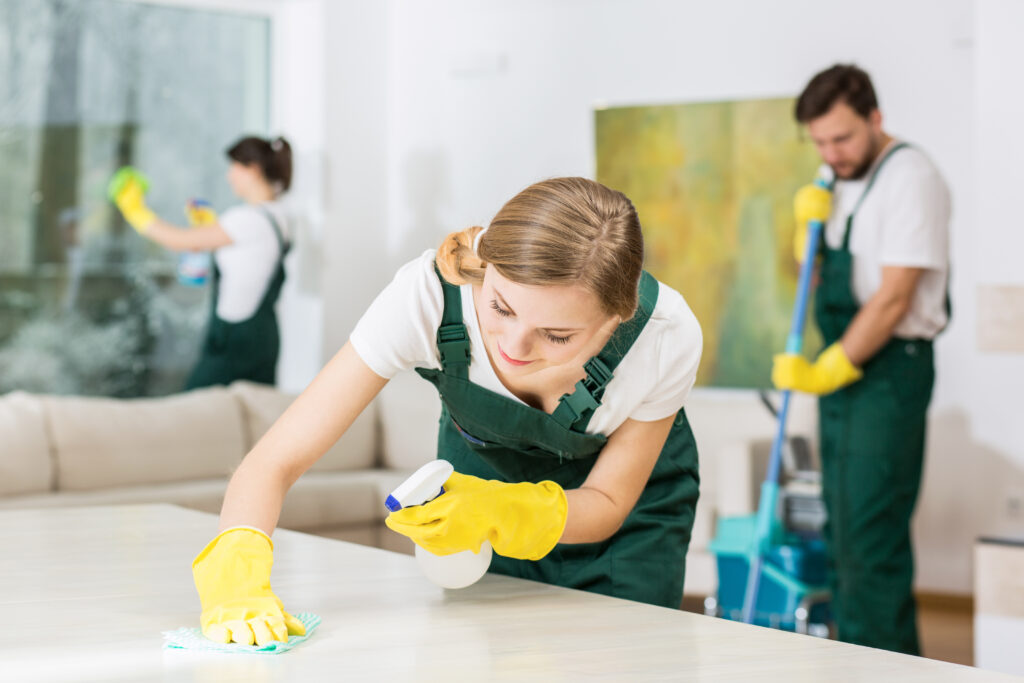
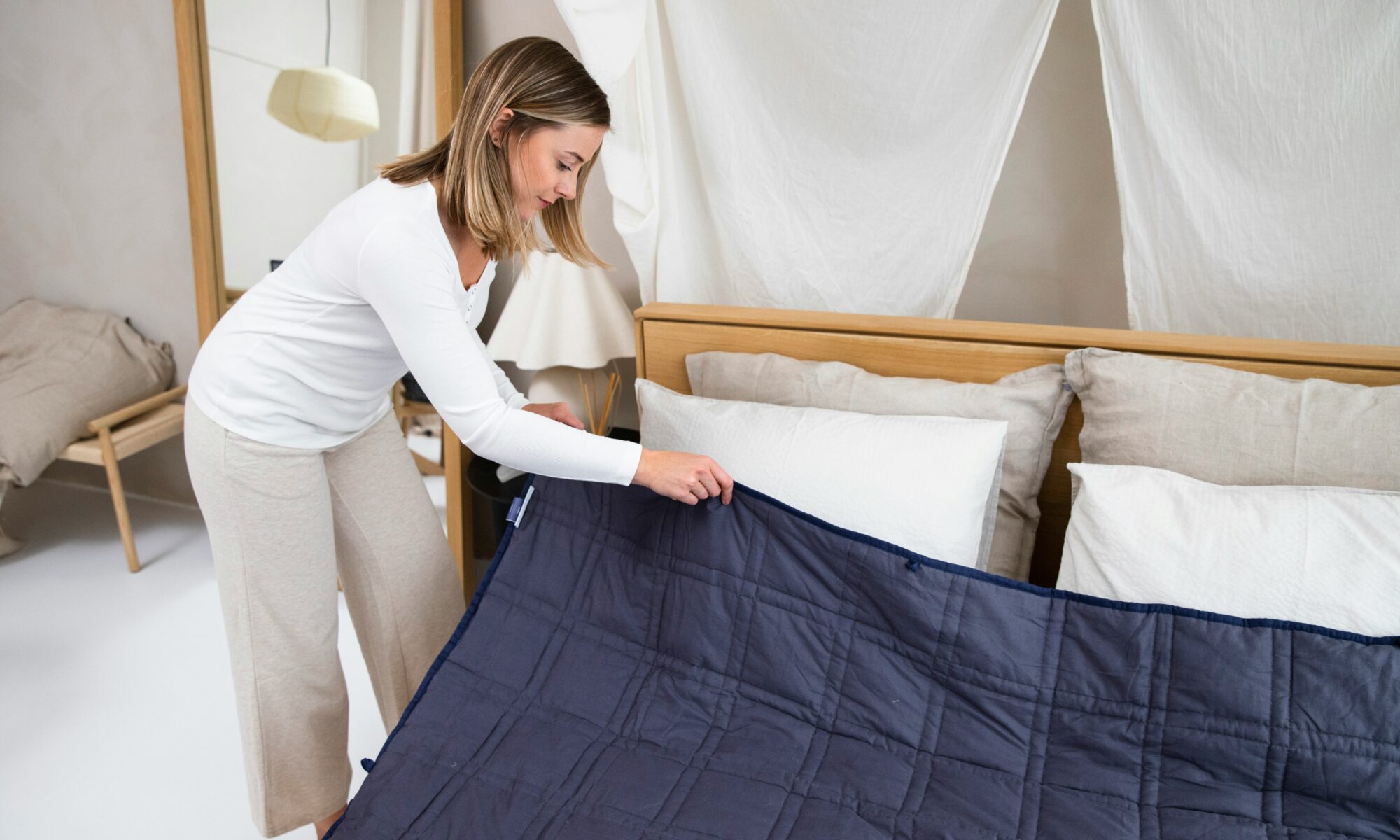

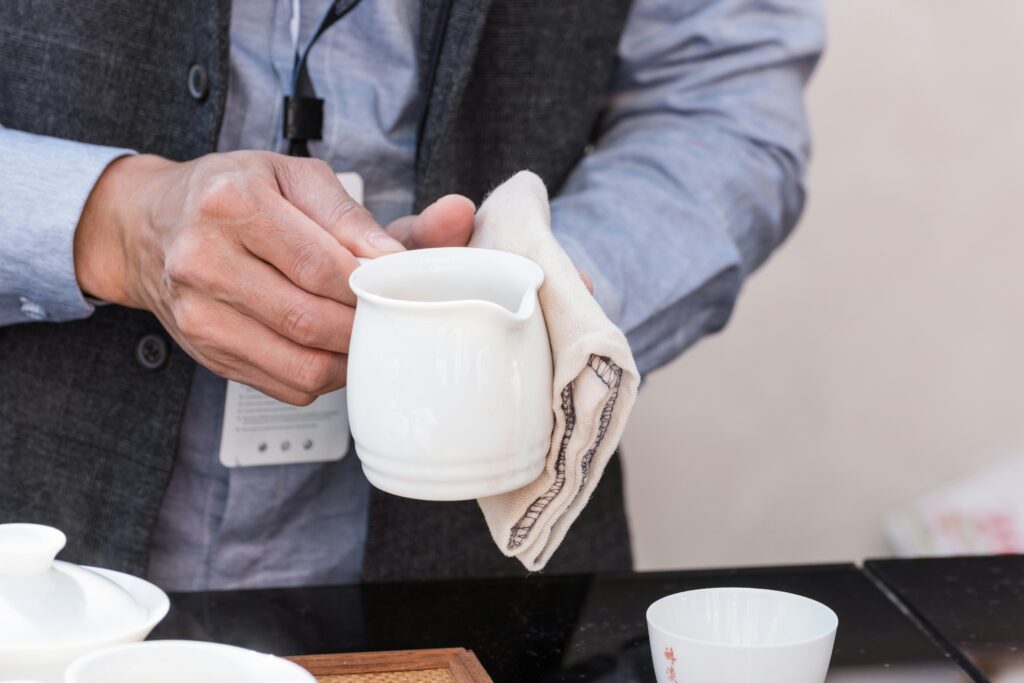
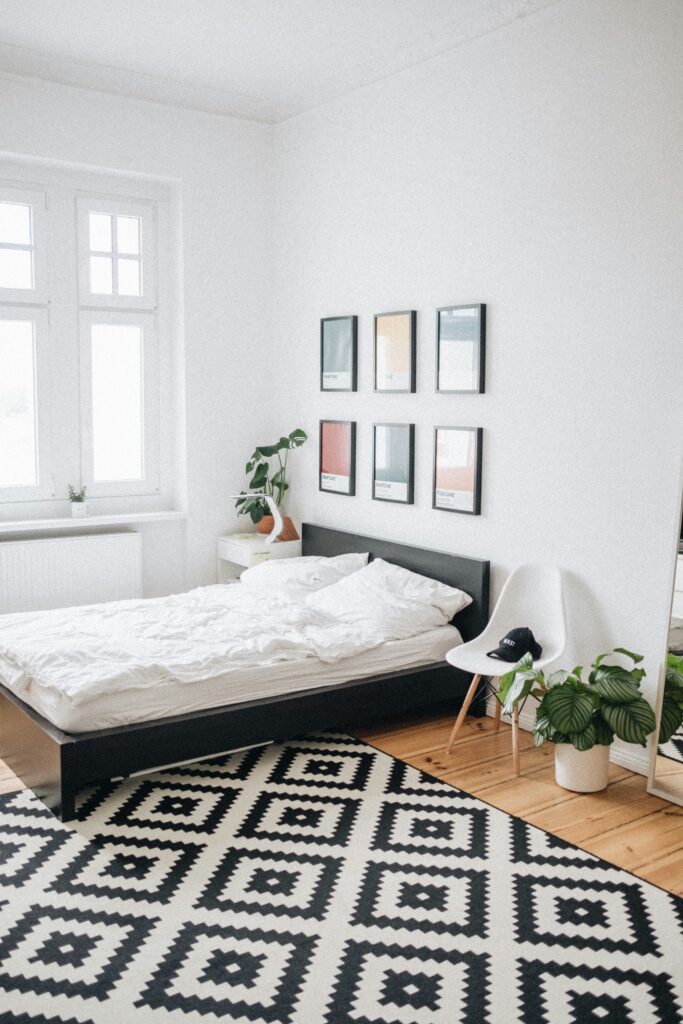
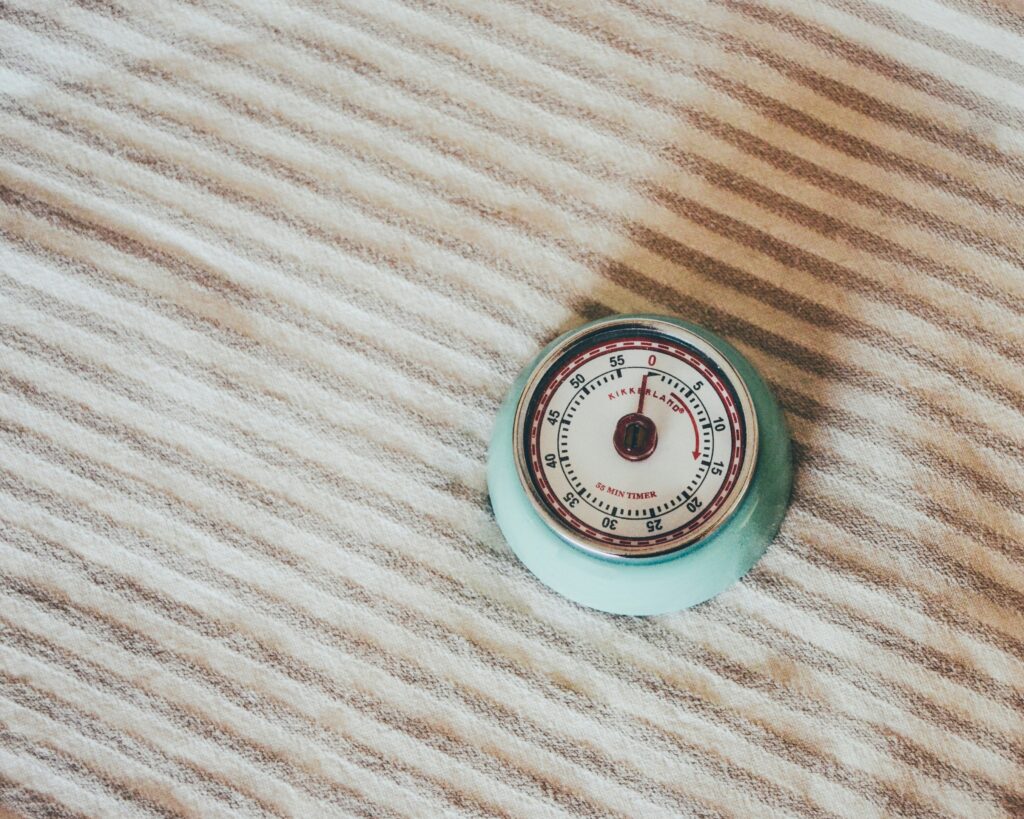
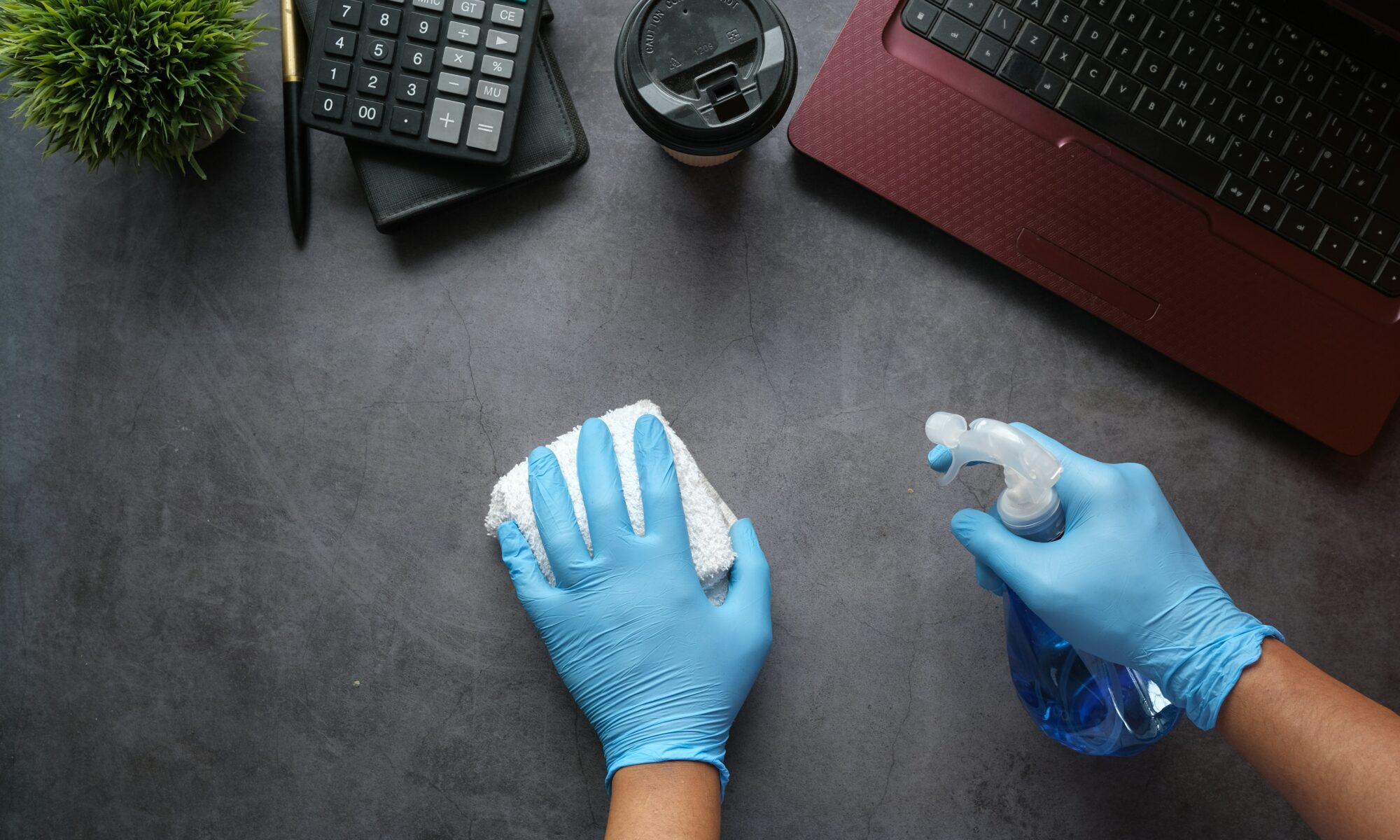
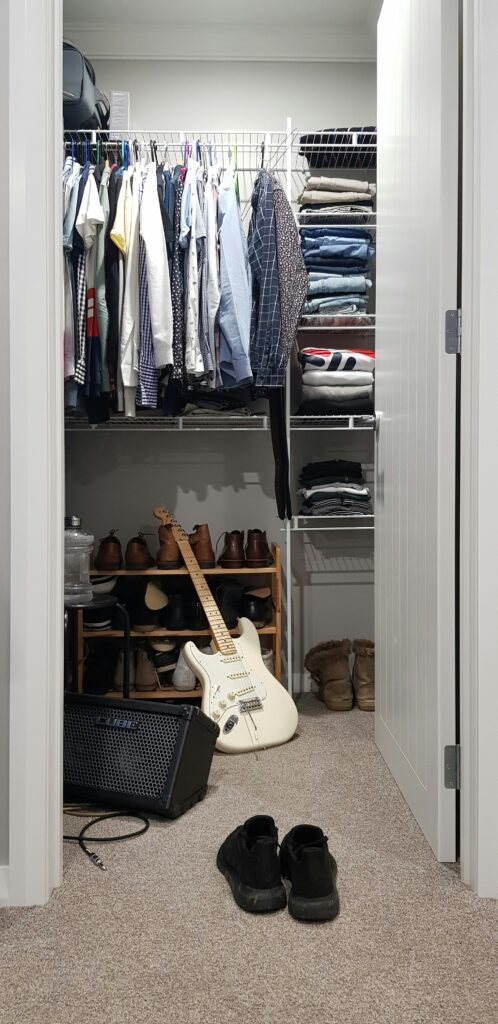


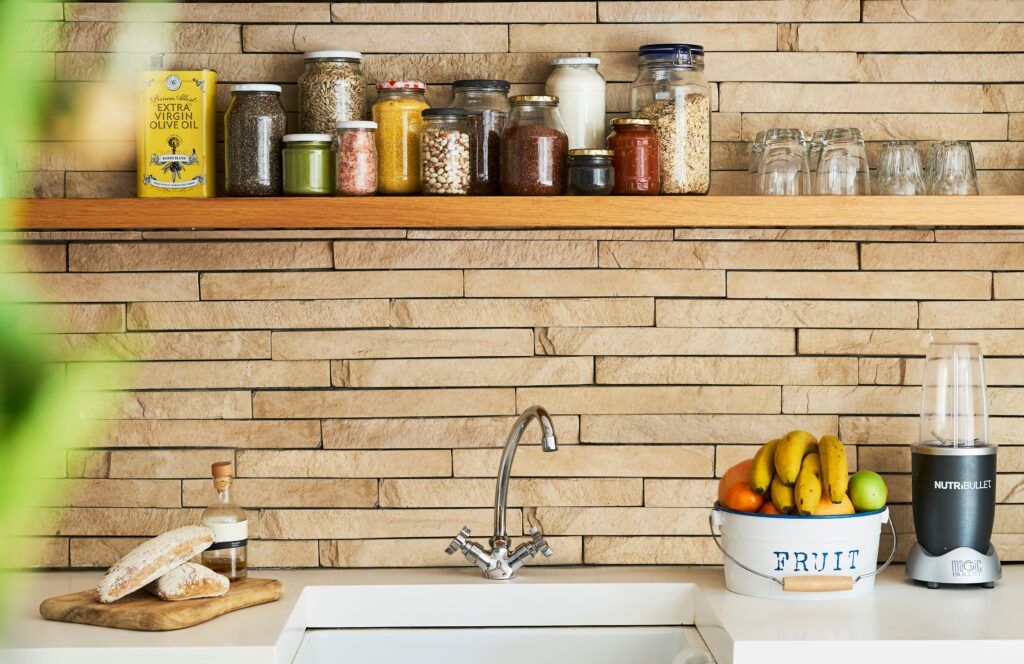
You must be logged in to post a comment.